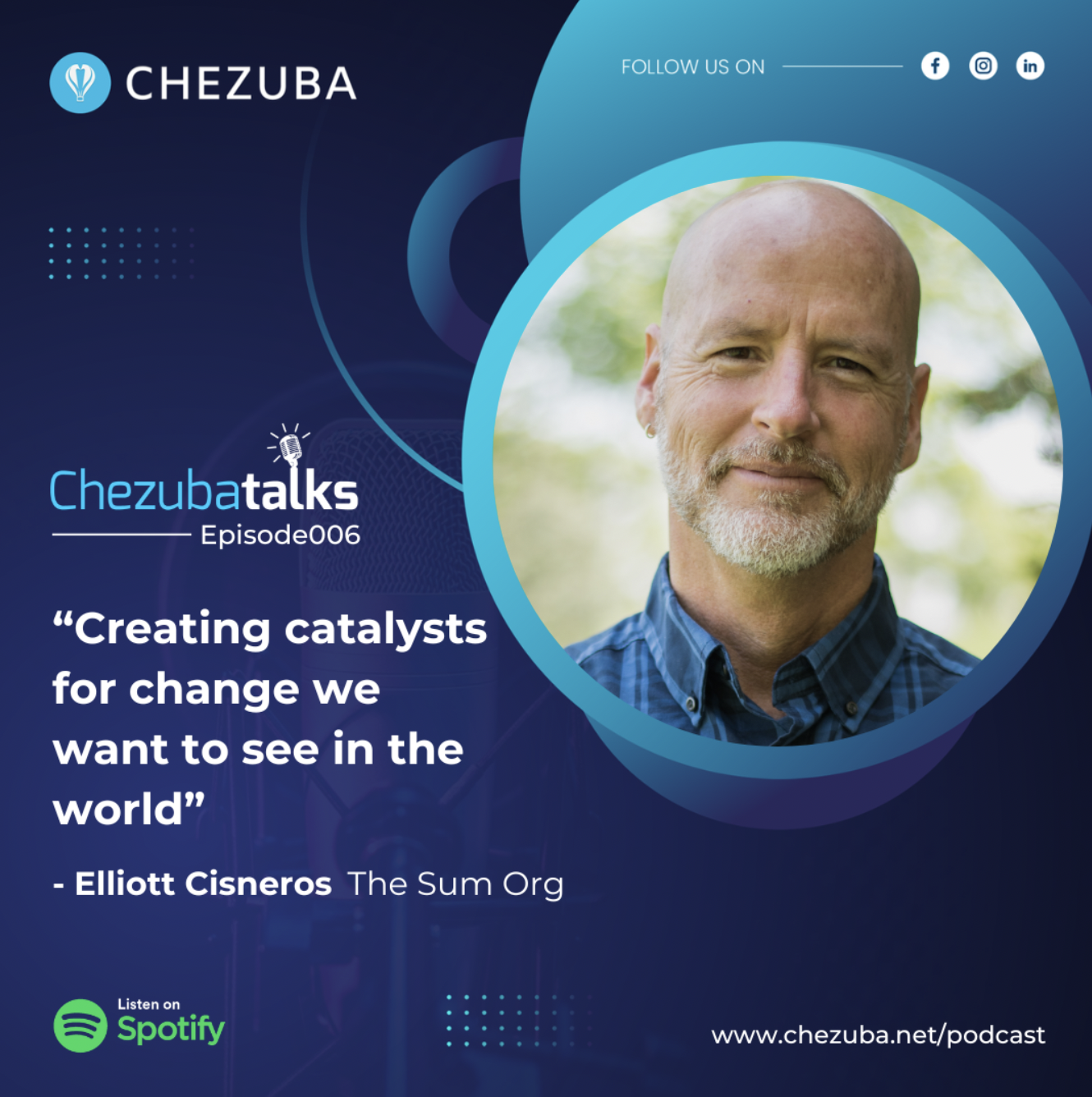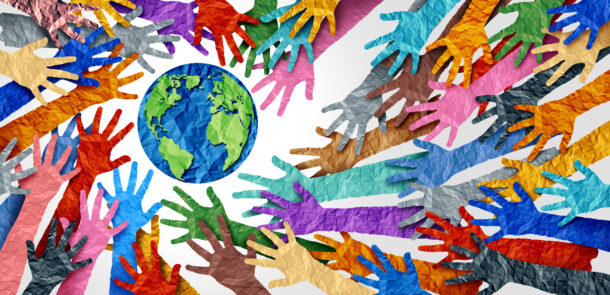THE POWER OF DIFFERENCE MODEL (PDM)
Race  Gender
Gender  Religion
Religion  Sexual Orientation
Sexual Orientation  Disability
Disability  Class
Class  Culture
Culture
We’ve consistently observed 3 unconscious patterns of thinking and belief related to our differences in our work across many fields over the last 20 years. These patterns can limit us and create conflict in our lives and organizations, keeping us from our deepest purpose. This is the PDM.
We’ve also developed an innovative, scientifically valid and reliable tool to measure these patterns. And we’ve discovered that just by becoming aware of them means a choice becomes possible: the choice to shift into the driver’s seat of our own lives and go after whatever it is that holds our deepest sense of purpose. This is why The Sum is here.
What is the PDM?
The PDM identifies 3 primary patterns of behavior, thought, and feeling related to our differences of race, sexual orientation, gender, socio-economic class, religion, disability, and culture.
These patterns are:
Sensitivity
Oneness
Strength
These patterns operate unconsciously within us, between us, in our communities, organizations, and society.
Our primary patterns come from early childhood learning about what will keep us safe.
If we aren’t aware of them, they can cause internal conflict and conflict with others who hold different primary patterns.
Learn More About These Patterns
3 Patterns, 3 Powers
Scarecrow = Sensitivity (mind)
Tin Man = Oneness (heart)
Lion = Strength (courage)

As we integrate or leverage the assets of all three patterns, people report experiencing
- greater effectiveness across difference
- recognition of our own privilege and how to use it effectively
- impact for others, generally, as intended
- a sense of solidarity across differences
- pride without prejudice
- an ability to “courageously refuse both silence and violence”
- the courage to withdraw participation in violent aspects of systems
- the capacity to catalyze meaningful systemic change without effort
- greater internal stability: less rising and falling on external conditions
- greater personal clarity, mission, and fulfillment
- an ability to hold others accountable without blame or shame
- less burnout and overwhelm related to issues of diversity, equity, and inclusion (DEI)
Have Further Questions or Want More Information?
Leave A Message
Didn’t find what you were looking for?
Home
About
Contact
Blog
Testimonials
The Power of Difference:
Model
Assessment
Online Certification

Privacy Policy
© 2021 Fiercely Be Designs









